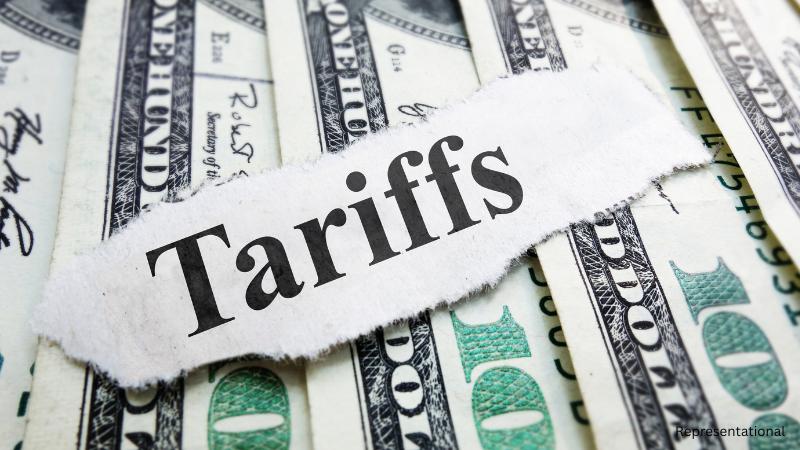
The world’s largest sovereign wealth fund, Norges Bank Investment Management (NBIM), is set to submit a formal recommendation to the European Commission this week, calling for streamlined and improved regulation across the EU’s capital markets. The fund argues that the European Union urgently needs simpler and more unified financial market regulation to address long-standing inefficiencies and foster increased investment. In a letter scheduled to be delivered on Tuesday, NBIM underscores the importance of regulatory reform as part of the EU’s broader initiative to establish a Saving and Investments Union framework.
The European Union has been debating and gradually working toward the creation of a Capital Markets Union for over a decade. This initiative is intended to strengthen the financial connectivity of member states, boost cross-border investment, and increase the efficiency of financial systems. However, progress has been slow, and concerns persist about the competitiveness and appeal of European markets on the global stage. NBIM’s letter highlights that over time, EU markets have fallen behind in terms of business dynamism and in offering attractive new investment opportunities to institutional investors. The fund believes that without urgent regulatory simplification and harmonization, these issues will continue to hinder economic growth and global investor confidence in the region.
Norges Bank Investment Management, which oversees Norway’s vast oil and gas revenues, holds a significant stake in EU markets. As of the end of 2024, NBIM had 285 billion euros (approximately $325 billion) invested in securities issued by EU member states and European corporations. The total value of the fund stood at around $1.9 trillion in 2024, with 71 percent of assets in equities and 26.6 percent in fixed income, according to its annual report. With such a major presence in European capital markets, NBIM’s views carry considerable weight, especially regarding regulatory frameworks and investment environments.
One of the central recommendations made by NBIM is the unification of capital markets supervision at the European level. The letter criticizes the current fragmented system in which there is no single securities market regulator or consistent rulebook governing financial trading across the EU. This disjointed approach results in legal ambiguity, operational complexity, inconsistent interpretations of rules, and slow procedural timelines. According to NBIM, the lack of uniform oversight acts as a major deterrent for institutional investors and significantly limits the potential of EU capital markets.
Furthermore, NBIM’s correspondence with the European Commission emphasizes the need to address regional discrepancies in securities law, corporate governance, insolvency procedures, and taxation policies. It also calls for the standardization of processes related to debt issuance across the bloc. These reforms, the fund argues, would not only improve investor confidence but also stimulate economic growth by enhancing the supply of productive investment opportunities and increasing demand for high-yield investment instruments.
The fund’s strong advocacy for reform aligns with a growing global sentiment that sees Europe’s financial landscape as poised for transformation. Over the past six months, global investor interest in European markets has increased, partially driven by political uncertainty in the United States and optimism surrounding regulatory improvements and fiscal expansion within the EU. Market observers suggest that Europe is beginning to assert greater economic autonomy, a shift that could prove beneficial for long-term macroeconomic stability and investment growth.
Industry leaders have echoed similar sentiments, noting that Europe is beginning to appear as a more attractive destination for capital, not merely as an alternative to other regions but as a proactive economic bloc with increasing self-direction. This changing perception presents a unique opportunity for EU policymakers to accelerate long-overdue reforms and position European capital markets as globally competitive.
NBIM’s letter is expected to play a significant role in shaping the EU’s ongoing discussions about the Saving and Investments Union. By highlighting specific inefficiencies and offering clear recommendations, the world’s largest sovereign wealth fund is lending influential support to the push for a more integrated, transparent, and investor-friendly financial system within Europe. The hope among stakeholders is that the EU will take decisive action to implement these reforms, paving the way for a more robust and attractive capital market that can fuel sustained economic progress across the continent.












































